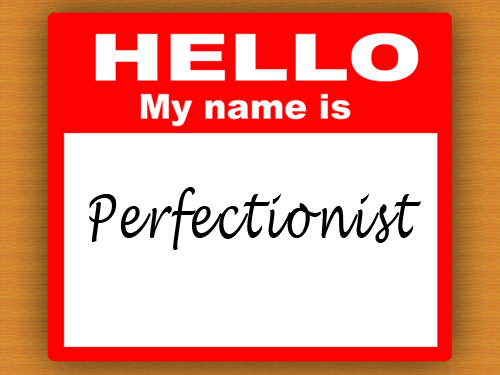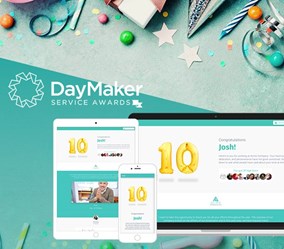Creating an Authentic Employee Recruitment Campaign
Dec 15, 2016
Written by: Mark Hirschfeld
(View Author Bio)
Applicants can see through messages that ring hollow, that don’t match the actual job and don’t reflect the real culture. But a clear, specific employee value proposition will help your teams attract and recruit the perfect employees.

That’s what the employment advertisement asked —“Are you a perfectionist?”

For many people, being viewed as a perfectionist isn’t necessarily a laudable trait. It’s a characteristic some view as unhealthy, oftentimes getting a bad rap for meaning high-strung, controlling and hard to please.
Yet when we interviewed employees who were identified by our client in a certain job as “people they would like to have more of”, these talented and highly valued employees reported to us that when it came to their work, they were “perfectionists”.
Fussy, they said. Like their work “just so”, they insisted.
Perfectionists - that was the word and they were sticking to it.
So to attract more of the employees our client wanted, we put that question into the header of the advertisement, along with other descriptors based on our analysis of their most successful employees.
|
|
The result: Prior to this descriptor in the advertising, the company had a 19:1 ratio of the number of applicants to a job offer. After the “perfectionist” ad was launched, that ratio went down to 6:1. In the following six months, voluntary turnover also decreased significantly for this group of newly hired employees. |
|
Effective pre-employment communications should do two things. First, the communications should attract and encourage some prospective employees who might not have necessarily considered you. In the case of our client, we found that prospective employees who may not have otherwise thought about our client for employment were intrigued by the question about perfectionism.
Too often, pre-employment communications are not grounded in reality so are viewed as something else, something that lacks authenticity.
It’s called propaganda.
Applicants can see through messages that ring hollow, that don’t match the actual job and don’t reflect the real-no-kidding-that’s-the-way-we-do-things-around-here culture; thus it is labelled propaganda and the company suffers for lack of authenticity.
We have another client who offers an exciting career path for people starting out in entry-level jobs, one that could lead to roles with greater responsibility and substantial incomes. It’s a path many current employees have successfully taken. But prior to our working with them, they had not done a good job of telling that story to prospective employees, despite having many current employees who were more than willing to provide a testimonial. As a result, they missed attracting some candidates to those entry-level positions who might have been looking for a career path beyond the entry level job but didn’t realize one was available. (Needless to say, now we are telling that story.)
A final example: I’m a fourth generation retailer, which my wife tells me goes to show that insanity is hereditary! Although in my case she’s probably right about the insanity thing, there are some people who love retail, who love being in service to the general public, who love Black Friday and the chaos of clearance sales, who love - what may look like to many people - insanity. Some people truly love retail and if you love that particular form of insanity, you’ll be willing to live with the inevitable evenings, weekends and holidays you’ll work. The overall employee value proposition bargain in retail is great for people who are naturally attracted to that kind of work. A clever retailer will direct messaging toward those people and promote that “love of insanity” as part of their employment brand.
Second, the pre-employment communications should also act to discourage some people from applying. Yes, you read that right. The employment branding campaign should also dissuade people who aren’t a great fit for the culture of your company, who would struggle in the boundaries of what you as an organization are trying to do in terms of creating an employee value proposition that is meaningful and valuable. With our “perfectionist” client, the ad not only attracted some employees but it dissuaded others from applying. It’s not to be exclusive; it’s just the work in this role required tremendous attention to detail and people who didn’t have that disposition should rightfully choose to direct their job search toward other opportunities.
The workplaces we are developing aren’t necessarily meant for everyone– they’re meant for people who naturally and instinctively match our way of doing things and have the right potential in terms of talents, skills, interests and values. In return, we can offer meaningful and rewarding work opportunities. Be transparent about who and what your company is in your employee value proposition. Communicate that early and often to your current employees and do the same for prospective employees. It will help with what we call decision day, that moment when future employees start to consider you as a prospective employer.
And if you need a perfectionist or two where you work, be loud and proud about it.












